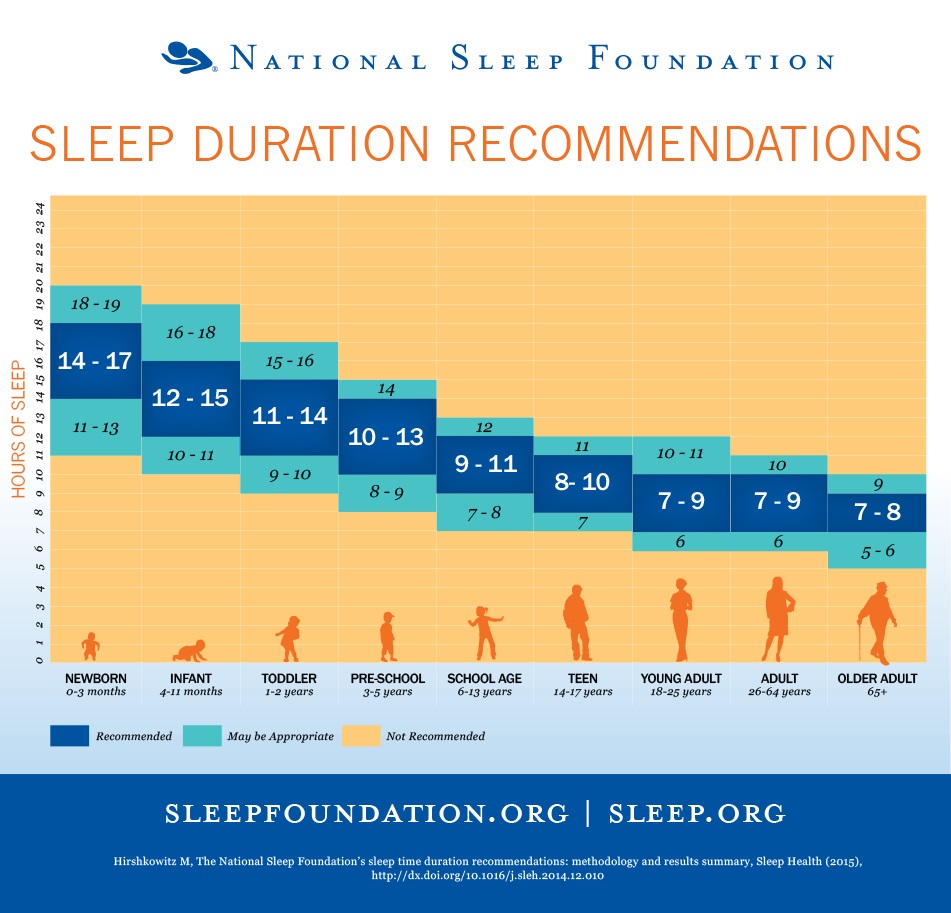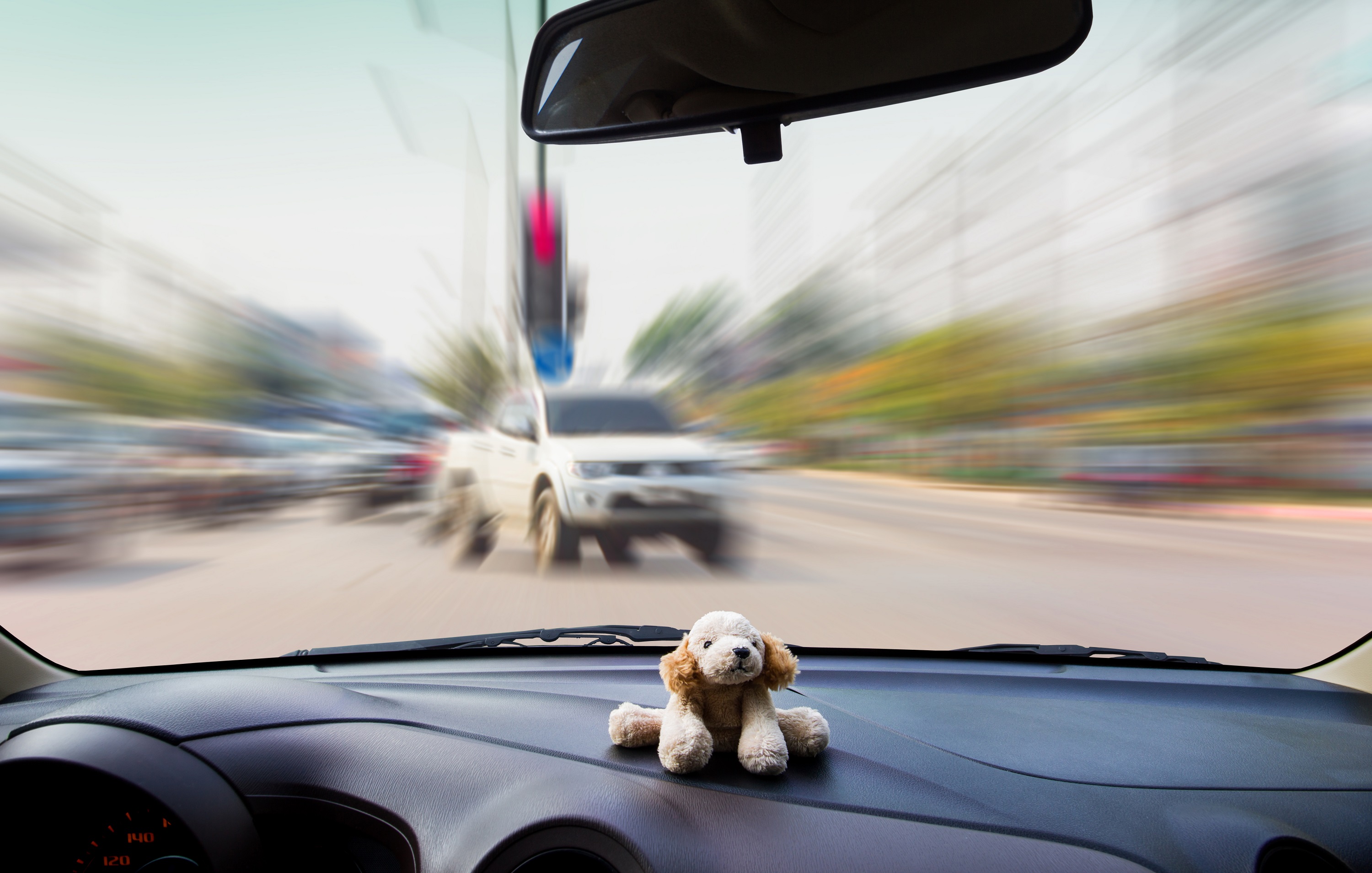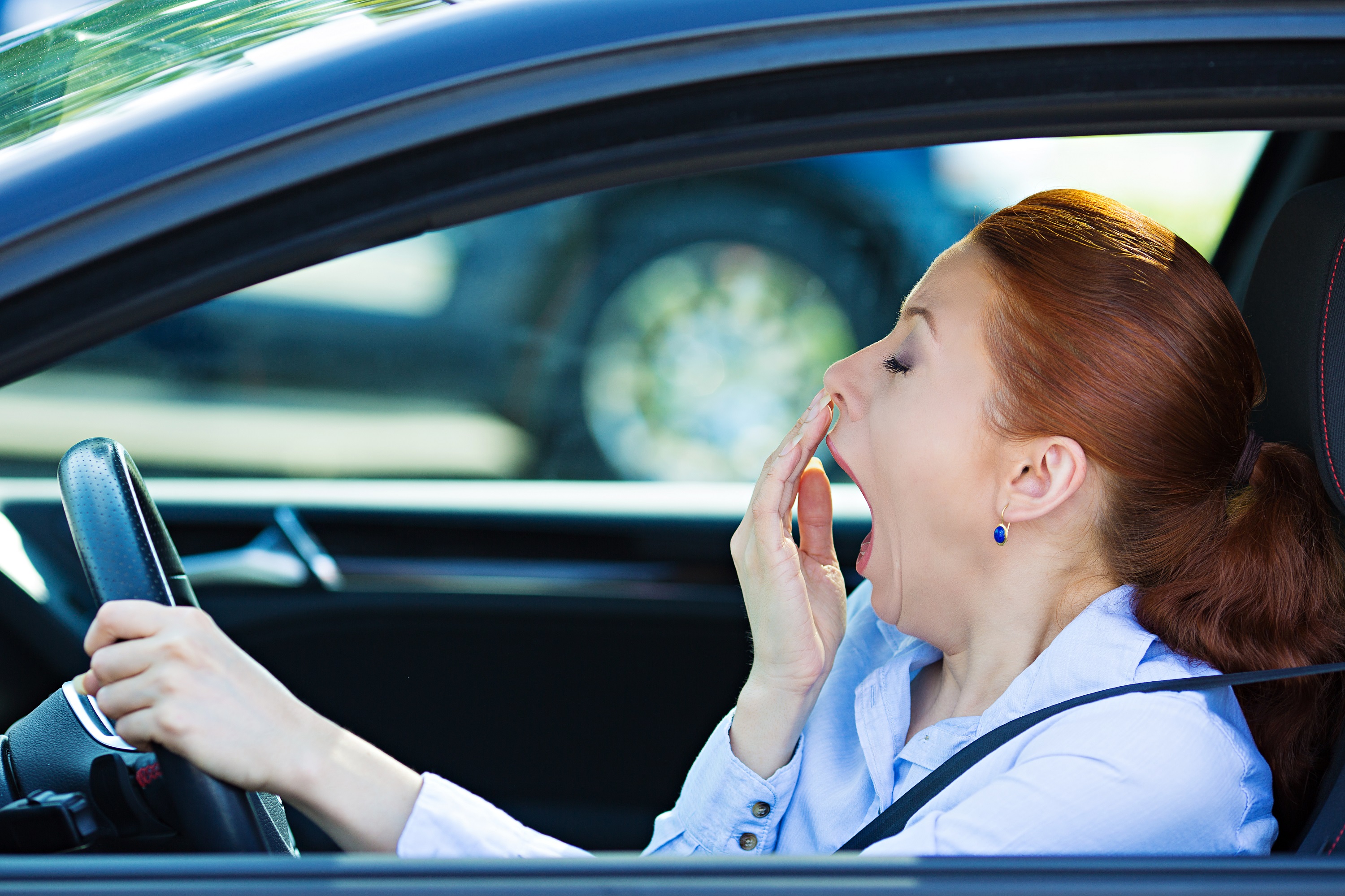Do not operate a vehicle under the influence of insomnia. According to the National Sleep Foundation, the average adult aged 26 – 64 should get 7 to 9 hours of sleep per day. However less than 6 hours is not recommended and could potentially affect physical health and mental awareness.

There are exceptions, however. Everyone has varying tolerances, which affect the amount of sleep they personally need. For example, some people who sleep only 4 hours a night can be equally alert as someone who needs 9 full hours. If someone is a heavy coffee drinker or obese, or perhaps has various health issues, these are important considerations before you assess which is your magic number of restful ZZZZZs.
Driving under the influence of alcohol and/or drugs has long been known to impair vision, reflexes, motor skills, judgment and awareness – just to name a few. While there are tools to measure the amount of alcohol or drugs in someone’s blood stream, no such tool exists for those who drive on little sleep. Studies show that driving while suffering from insomnia can be as lethal as driving under the influence of alcohol or drugs.

Puffy eyes, redness inside the eyes and dark circles may be the only indicators that you may be sleep deprived. Slurring of words and walking a crooked line is also another indicator although these are also considered to be signs of drunkenness. Passing a breathalyser test will rule out alcohol abuse but surely will result in a traffic violation if your driving was erratic.
Sleep deprivation can be deadly not only while driving but also when handling power tools, as well as when traveling by subway or commuter train. Symptoms can be obvious after only 18 hours of sleeplessness. If you are driving after so few hours of sleep, you can consider yourself to be a hazard to others.
Some people like to brag about how they can function like heroes on little sleep but truth be told, they are as affected as someone who’s had two or three pints of beer, even if they don’t admit to feeling the buzz. Sleep deprivation affects your moods which in turn affects those around you. You may not be aware of your behaviour but others certainly will.
Get back under the covers and follow these simple steps:
- Sleep 7 to 9 hours per night. Period.
- If planning a road trip over a couple of hours, sleep before you leave. You may not feel tired, but the added sleep will help your body function at optimum capacity after driving for a few hours.
- Sleep must be a priority in your life and taken seriously if you wish to be, and stay healthy.
- Common mistake of sleeping in on the weekends causes a multitude of issues that move right into Monday! Keep to the same schedule on the weekends to not disrupt your sleep rhythm
- Start a healthy routine or ritual you can do each night to help you wind down. Absolutely no electronics. Pick up a book, a cup of tea or do some gentle yoga. You cannot be going at the same speed all day long so drop the bravado – you’re not the Ever-ready Bunny!
- Check for ideal temperature, lights and sounds in your bedroom. Make it an oasis.
- Make sure that your mattress and pillows are comfortable; otherwise invest in a brand new set.
- Seek professional help if all else fails but keep it natural and holistic. Naturally increasing melatonin with the right bedtime snacks or supplements is a great start. Enjoy that turkey on whole grain toast!!
Bottom line, sleep deprivation is a serious problem both for you and others in your life. Family members, friends, and colleagues will suffer equally from your lack of sleep for the obvious reasons mentioned above.
When sleep nudges you on the shoulder, don’t resist, let go of everything you are doing and get the sleep ball rolling. Fighting it will only cause unnecessary stress to your body and mind. Like the song says, “let it go”!
Gerry, Your Sleep Expert
Visit your nearest BrandSource Store or visit us online for the best information on mattresses and accessories.

